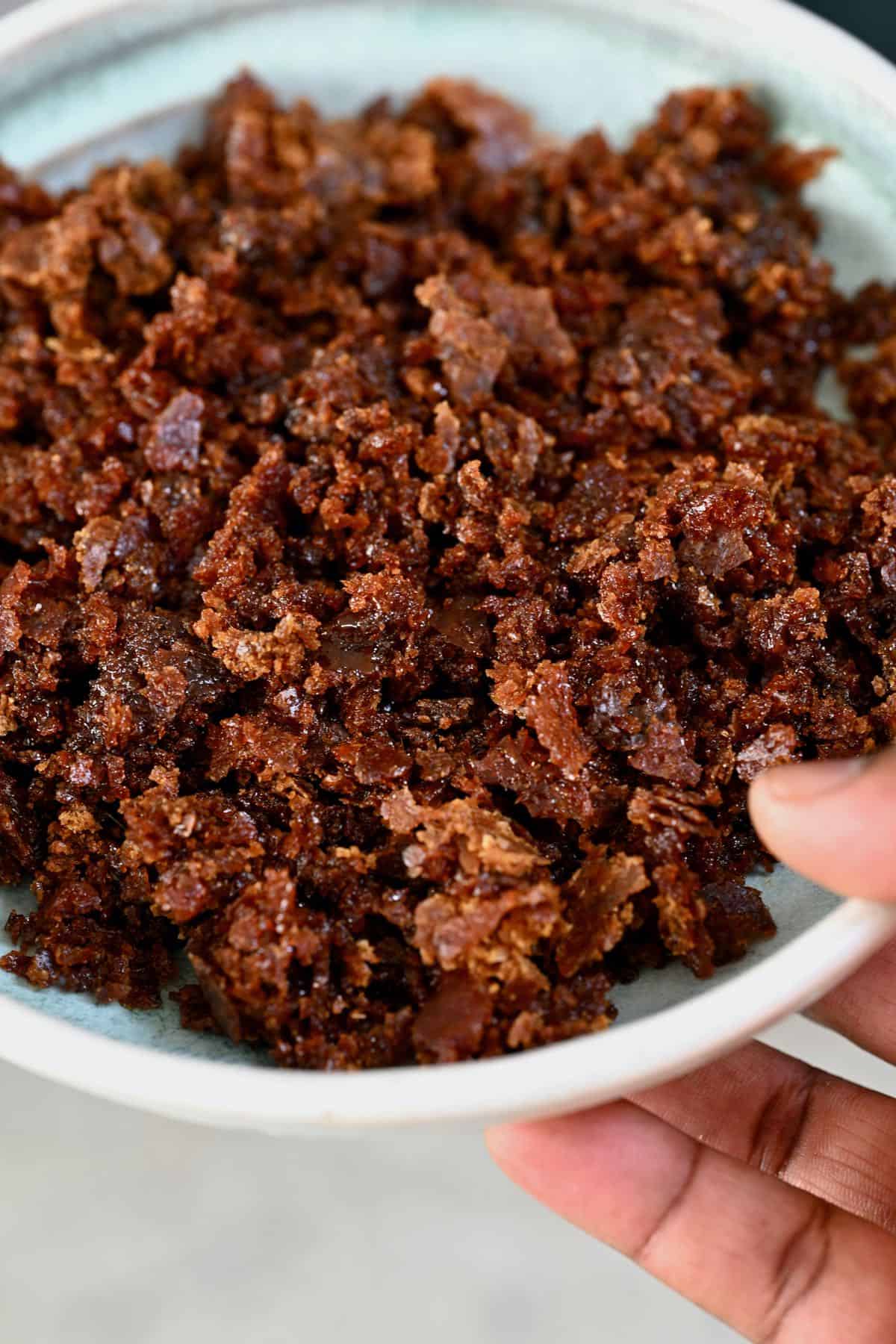The Scientific Research Behind Cane Sugar Processing: Exactly How Sweetness is Fine-tuned
The Scientific Research Behind Cane Sugar Processing: Exactly How Sweetness is Fine-tuned
Blog Article
An In-depth Introduction of the Health And Wellness and Economic Ramifications of Cane Sugar Handling on Regional Areas
Cane sugar handling plays a crucial role in shaping the financial landscape of local communities, providing work possibilities and promoting secondary sectors. Nevertheless, the health ramifications connected with high sugar usage can not be forgotten, as they add to increasing rates of obesity and diabetes. This nuanced dynamic invites an essential evaluation of exactly how neighborhoods can enhance economic gains while attending to journalism health and wellness challenges they face. The exploration of sustainable methods and instructional campaigns may just hold the secret to reconciling these contrasting passions. What approaches might areas implement to accomplish this balance?
Financial Benefits of Cane Sugar Handling
Walking stick sugar processing offers substantial financial benefits that extend past the instant farming market. The farming and processing of sugarcane develop many job chances, from farming to manufacturing and circulation. This employment generation not just sustains regional economies yet also cultivates neighborhood advancement by providing stable revenue resources for households.
Moreover, the sugar market stimulates secondary companies, consisting of transportation, tools supply, and product packaging services (Cane Sugar Processing). As these sectors grow, they add to a more robust financial structure, boosting overall neighborhood strength. The export capacity of refined walking stick sugar further magnifies financial benefits, positioning regions as competitive players in international markets
Investment in modern-day handling centers can result in raised productivity and performance, thereby minimizing waste and maximizing resource usage. This shift not just profits the local economic climate yet additionally sustains sustainability efforts by lessening environmental influences.
In addition, the revenue produced from walking cane sugar handling can be reinvested in local infrastructure, education and learning, and healthcare, promoting all natural community development. In general, the economic advantages of cane sugar handling are multifaceted, offering a foundation for enduring success in agricultural regions.
Health And Wellness Threats Related To Sugar Consumption
Excessive sugar intake postures substantial health and wellness risks that necessitate serious interest. High intake of added sugars, specifically from refined beverages and foods, has actually been linked to various wellness complications.
Furthermore, high sugar usage is related to cardio illness. Raised blood sugar level levels can bring about insulin resistance, a precursor to various heart-related issues. Furthermore, sugar can have damaging impacts on dental health and wellness, causing tooth cavities and periodontal condition, as bacteria in the mouth thrive on sugar, producing acids that wear down tooth enamel.
In addition, arising study recommends a possible link in between high sugar intake and psychological health problems, such as clinical depression and stress and anxiety. As neighborhoods face these health and wellness risks, it ends up being vital to advertise understanding and encourage healthier nutritional choices. Resolving sugar intake is vital not only for specific health yet also for the overall wellness of regional neighborhoods, highlighting the need for extensive public health techniques.
Ecological Impacts of Sugar Manufacturing
Often neglected in conversations regarding sugar's implications is the significant environmental influence of sugar production. The farming of sugarcane frequently requires comprehensive land usage, leading to logging, loss of biodiversity, and interruption of local environments. The conversion of woodlands and marshes into sugar ranches can result in habitat devastation, harmful many types and changing eco-friendly equilibrium.
Moreover, sugar production is resource-intensive, consuming significant amounts of water for watering. This can result in depletion of neighborhood water resources, detrimentally impacting both agricultural techniques and community access to tidy water. Furthermore, making use of chemical plant foods and chemicals in sugarcane farming can add to dirt deterioration and water pollution, as runoff from these chemicals gets in close-by rivers and lakes, impacting water life and human health and wellness.
The environmental impact includes the processing phase, where power usage and waste generation more exacerbate ecological worries. Air pollution from melting sugarcane areas, in addition to greenhouse gas discharges, add to climate change. Because of this, the ecological effects of sugar manufacturing warrant severe consideration, prompting stakeholders to embrace even more lasting methods to minimize these unfavorable results on local ecosystems and neighborhoods.
Task Development and Community Growth
The environmental obstacles posed by sugar production are frequently counteracted by its potential for economic benefits, specifically in job development and area advancement. The cane sugar market works as a substantial source of work in numerous backwoods, giving jobs across numerous ability degrees, from farming labor to processing and distribution functions. This work not just supports private family members yet also adds to the total economic vitality of local areas.
Additionally, the facility of sugar handling facilities promotes secondary organizations, such as transport solutions, equipment supply, and upkeep service providers. As these services prosper, they produce added work and strengthen neighborhood economic situations. The profits created from the sugar sector likewise brings about increased tax revenues, which can be reinvested right into area solutions such as education and learning, framework, and healthcare growth.
Additionally, the sugar market usually engages in area advancement campaigns, such as supporting local colleges and health and wellness programs, thereby improving the lifestyle for homeowners. By fostering solid community connections and advertising financial growth, the walking stick sugar handling market plays a vital function in uplifting neighborhood populations, making it an essential part of sustainable advancement approaches in sugar-producing areas.
Harmonizing Health And Wellness and Economic Development
In navigating the intricacies of walking cane sugar handling, a vital challenge lies in stabilizing wellness factors to consider with financial development. The sugar sector significantly adds to regional economic climates by producing work, promoting relevant industries, and enhancing tax obligation revenues. Nevertheless, the wellness effects connected with too much sugar consumption can result in chronic conditions such as weight problems, diabetic issues, and cardiovascular issues, which can worry public health systems and diminish labor force performance.

Additionally, regulatory structures can play a crucial role in directing market techniques in the direction of more sustainable her response and health-conscious techniques. By cultivating partnership in between federal government bodies, wellness companies, and the sugar sector, areas can navigate the duality of health and financial growth, making certain that the benefits of walking stick sugar handling are equitably shared while prioritizing public health and wellness.
Conclusion
In final thought, the handling of cane sugar presents both significant economic advantages and noteworthy health and wellness risks for regional areas. While it promotes task creation and boosts regional advancement, the affiliated wellness issues, particularly relating to obesity and diabetes mellitus, necessitate a careful balancing act. By promoting accountable usage and investing in community education and sustainable techniques, it is feasible to make best use of financial benefits while minimizing negative health effects, therefore making certain a much healthier future for regional populations.
Additionally, sugar can have destructive results on dental health and wellness, resulting in tooth cavities and gum condition, as germs in the mouth grow on sugar, generating acids that deteriorate tooth enamel.
Attending to sugar intake is vital not only for specific health and wellness however also for the general well-being of neighborhood communities, stressing the requirement for extensive public wellness techniques.
Frequently forgotten in discussions concerning sugar's implications is the substantial environmental impact of sugar production. The wellness implications linked with too much sugar intake can lead to chronic conditions such as obesity, diabetes, and cardio problems, which can worry public health and wellness systems and lessen labor force productivity.

Report this page